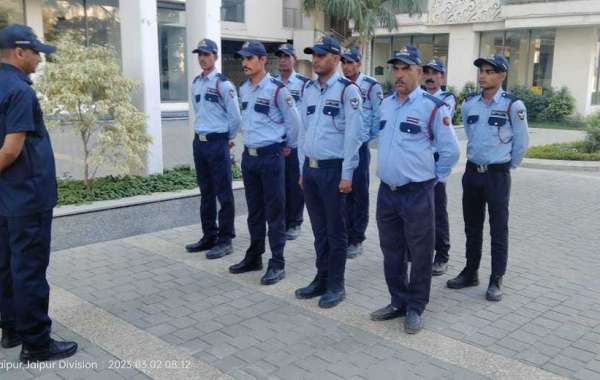As dengue cases surge in Delhi, getting timely tests is crucial to protect yourself and your loved ones. Dengue fever, transmitted by the Aedes mosquito, can range from mild flu-like symptoms to severe illness, requiring immediate medical attention. Early detection through a dengue test in Delhi is key to effective treatment and preventing complications.
What is Dengue Fever?
Dengue is caused by the dengue virus, which is transmitted through the bite of infected Aedes aegypti mosquitoes. Symptoms of dengue include high fever, severe headache, pain behind the eyes, joint and muscle pain, fatigue, and skin rashes. In severe cases, it can lead to complications like Dengue Hemorrhagic Fever (DHF) and Dengue Shock Syndrome (DSS), which can be life-threatening.
Early diagnosis is crucial for managing the disease and preventing complications, which makes dengue tests highly important during outbreaks.
Types of Dengue Tests
There are several types of tests available for diagnosing dengue, each with its specific purpose:
NS1 Antigen Test
The NS1 Antigen test is commonly used for early detection of dengue. It can detect the virus as early as Day 1 of fever, even before antibodies are produced. This test is often recommended in the first week of illness.IgM and IgG Antibody Tests
These tests detect the body’s immune response to the virus. The IgM test is positive from around Day 5 to Day 10 of infection, while the IgG test helps in detecting past infections and provides insight into whether a patient has developed immunity. These tests are crucial for confirming dengue in the later stages of infection.PCR (Polymerase Chain Reaction) Test
The PCR test is highly accurate and helps detect the genetic material of the virus. It is often used for early diagnosis but is more expensive and less widely available.
Importance of Early Testing
Dengue can sometimes be confused with other viral infections, making early and accurate diagnosis vital. Testing ensures that the patient receives proper care to manage symptoms and prevent complications. Early testing also helps in reducing the spread of dengue by identifying infected individuals and taking necessary precautions.
Delhi has been prone to dengue outbreaks, especially after the monsoon rains, which create ideal breeding grounds for mosquitoes. During these times, health authorities recommend increased vigilance and testing, especially if dengue-like symptoms appear.
Where to Get Dengue Tests in Delhi
In Delhi, dengue tests are available at most government and private hospitals, diagnostic centers, and clinics. The Delhi government also sets up special testing and treatment centers during peak dengue seasons. Here are a few options:
Government Hospitals
Delhi has several government-run hospitals offering dengue testing at affordable rates. Some of the prominent ones include AIIMS, Safdarjung Hospital, and Lok Nayak Jai Prakash Narayan (LNJP) Hospital.Private Diagnostic Centers
Private labs like Dr. Lal PathLabs, SRL Diagnostics, and Thyrocare offer comprehensive dengue testing packages. These centers provide convenience and fast results, although they are more expensive compared to government hospitals.Online Testing
With the rise of online healthcare services, many people in Delhi now prefer home sample collection for dengue testing. Providers like Healthians and Pharmeasy offer these services, ensuring that you don’t have to visit a clinic, which is especially useful if you’re feeling unwell.
How to Prevent Dengue
While testing is important for managing dengue, prevention remains the best cure. Here are some simple yet effective ways to protect yourself from dengue:
- Use mosquito repellents, especially during early morning and late evening when mosquitoes are most active.
- Wear long sleeves and pants to minimize exposed skin.
- Use mosquito nets while sleeping, even indoors.
- Regularly empty stagnant water from containers, plants, and coolers as mosquitoes breed in stagnant water.
- Keep your surroundings clean and ensure proper waste disposal.
Conclusion
Dengue is a serious health risk in Delhi, but timely testing and preventive measures can make a significant difference. If you or someone you know is experiencing symptoms like high fever, body pain, or fatigue, it’s important to get tested as soon as possible. The earlier the diagnosis, the better the chances of recovery.






